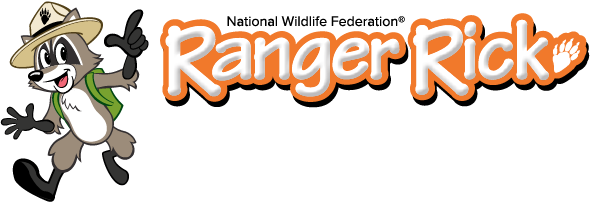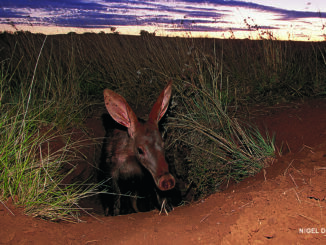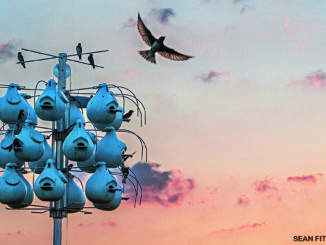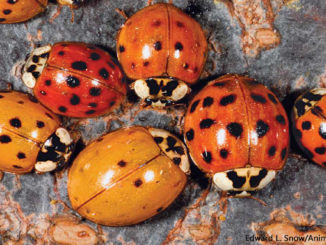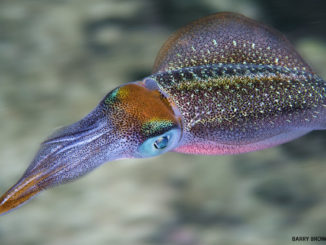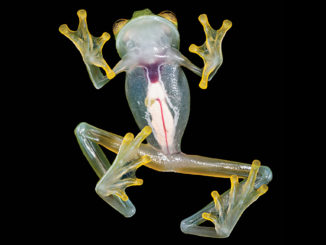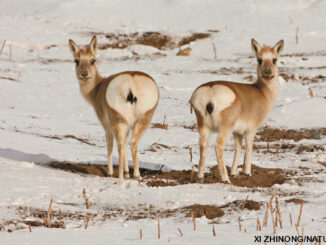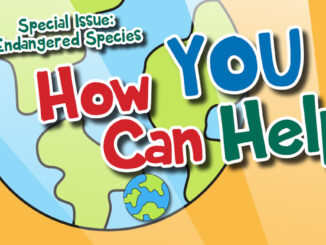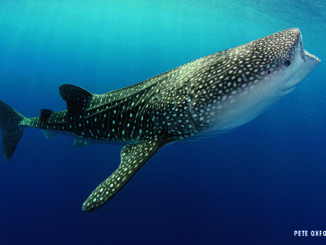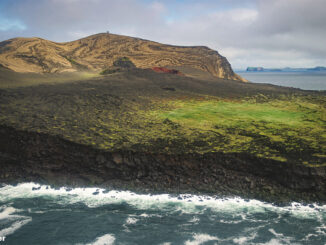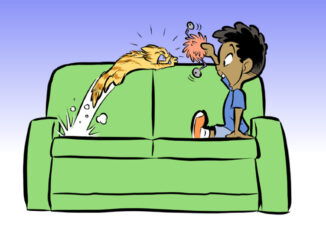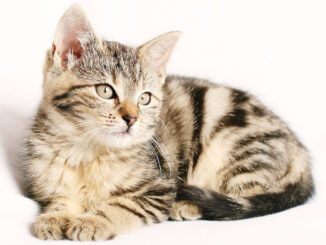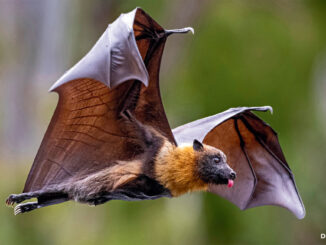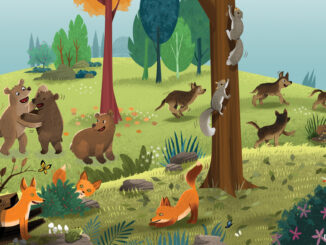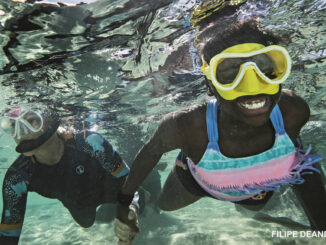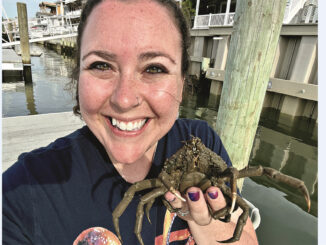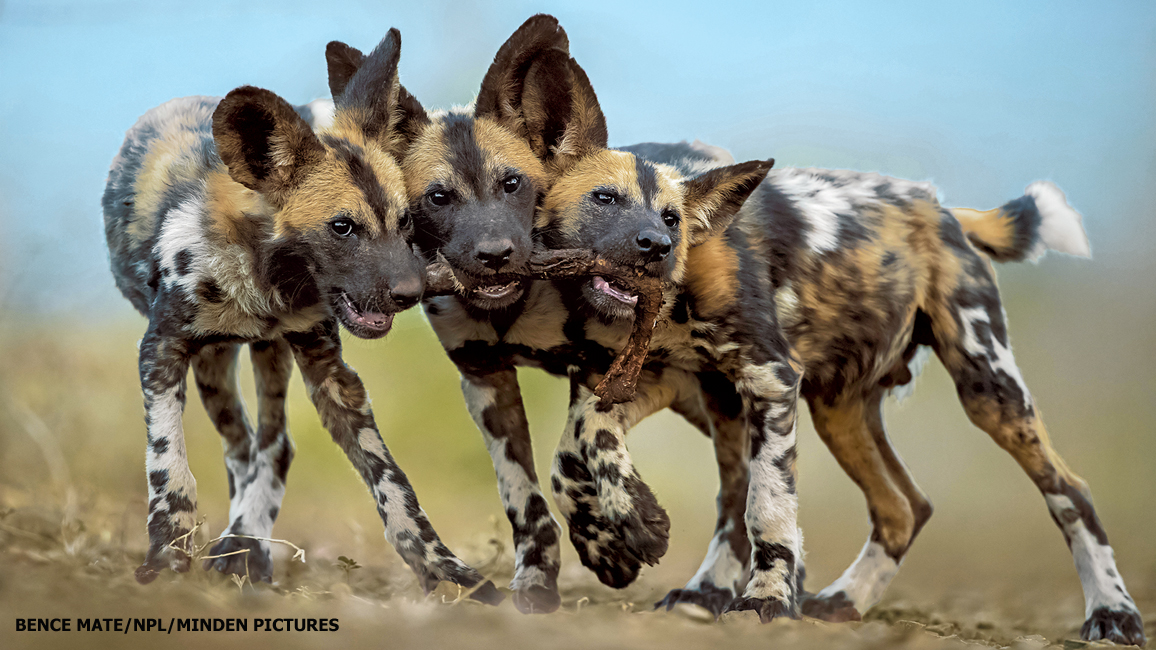
Welcome to the Pack
By Ayla the African Dog, as told to Anne CisselHi! I’m a dog, but not like the ones you see in your neighborhood. I’m an African wild dog!

I may look a little like a pet dog, but don’t take me home with you! And please don’t ask me to play fetch. I am a wild dog, after all.
People also call African wild dogs “painted wolves” because of our splotchy fur coats. (But we aren’t really wolves.) We each have our own unique pattern of brown, white, and black patches on our fur—no two coats are alike. This helps us tell each other apart.
See my big ears? They allow me to hear danger nearby. Or to detect the sound of an animal that could be my next meal. Not to brag, but we are the best hunters in Africa—even better than lions!
But the most important thing to know about us is how we stick together, helping each other survive. I live with my mom and dad, as well as lots of brothers, sisters, aunts, and uncles. We eat, sleep, play, and hunt together in a pack. Let’s take a peek at my family life!

Ready for the Hunt
My pack has 15 adults and pups, but some packs have as many as 30 members. Every healthy adult dog joins the hunt. The dogs work together so well, they manage to catch their prey on almost every single try. When lions, hyenas, and other predators hunt, their prey is much more likely to get away than get caught. Unlike us dogs, they usually have to try, try again.
Before a hunt, the grownups jump up and down and greet each other excitedly. This is called a rally, and it gets everybody pumped up for the chase. But do you know how they decide that it’s time to hunt? They actually vote—with their noses!
During the rally, dogs will start to sneeze. The more dogs that sneeze, the more likely they are to start to hunt. Might sound funny, but it’s true!
Chasing Dinner
Our pack members roam far and wide to find the best food. In a single day, they might travel 30 miles through the grasslands and forests of Africa.
Wild dogs most often hunt antelopes such as impalas and gazelles. The pack can chase an animal for a long time, sometimes running at top speed. Eventually, the prey gets exhausted. Then the dogs take the animal down with their sharp claws and teeth.

Family Life
Even though we’re fierce hunters, we’re all about family when we’re home with the pack. My mom and dad lead the pack, and all my aunts and uncles help take care of us pups.
Most of the time, wild dogs roam freely, sleeping in a new place each night. But when there’s a new litter of pups, the pack hangs out at the den site.
I have many brothers and sisters. African wild dogs give birth to 10 pups on average. That’s a lot of mouths to feed! For the first few weeks, we nurse. Then the grownups start throwing up already-chewed food for us to eat. Might sound gross to you, but fresh meat is too tough for our little teeth!
Whenever the pack is off hunting, my mom or an aunt or uncle will hang back to babysit us. Lions and hyenas can be dangerous for us, so we need to be careful. Soon we are big enough to join the hunt. The pups always get first dibs on the meat—even before Mom and Dad!
But it’s not just the young members of the pack that get special care. The pack protects old, sick, and wounded dogs, too. Every dog is important in our family.
Defending the Dogs
For more than a million years, African wild dogs have called Africa home. Unfortunately, there aren’t as many of us as there once were. Humans have taken over our land. Sometimes they have killed dogs that they think are threatening their farm animals.
But some people are working really hard to protect us. Laws make it illegal to harm us because we are so endangered. And people help dogs that get stuck in traps or have other injuries, too. With any luck, these helpers will make sure we stick around for a long time.
